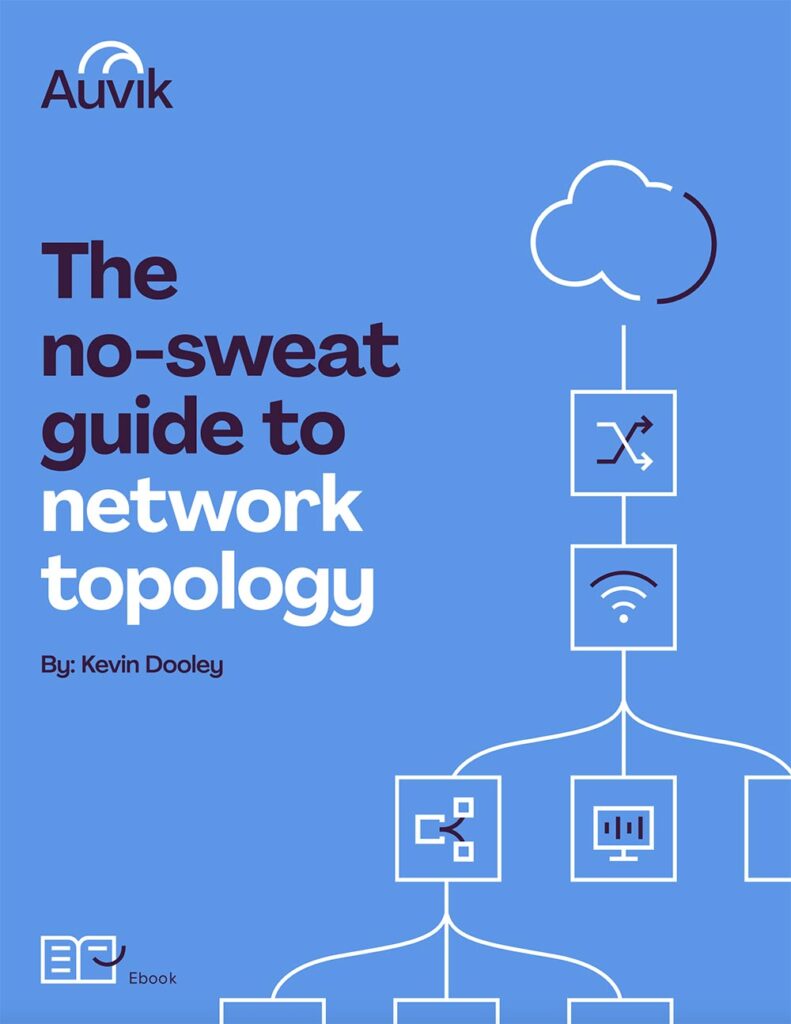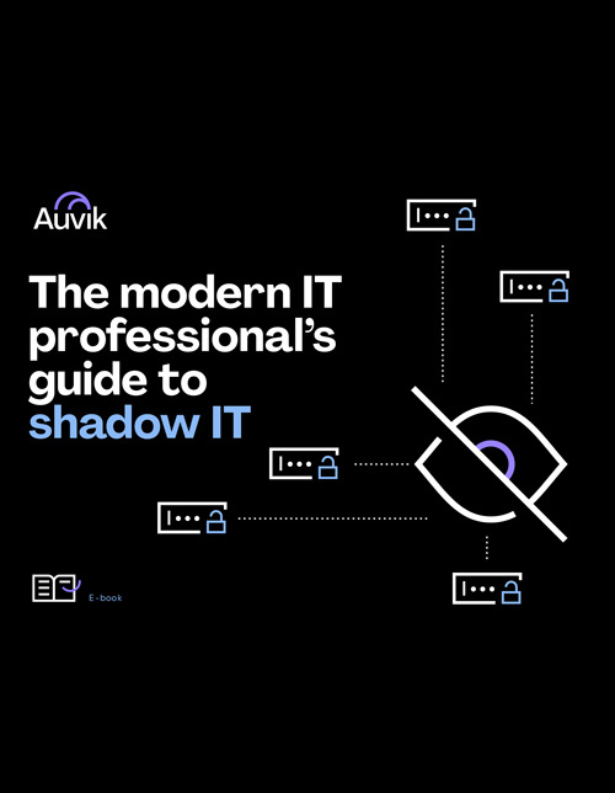[00:41] Last month was our Frankly MSP Live event in Santa Barbara. We’ve already aired the podcast interview we recorded live on stage at that show: Growing Your MSP Through Acquisitions – FMSP 058.
[00:54] There was a ton of great content at Frankly MSP Live from keynotes with Mike Michalowicz and Tiffani Bova to breakout sessions with people you’ve heard on the podcast before like Luis Alvarez and Erick Simpson.
[01:04] One of the sessions was a panel discussion led by Datto’s Rob Rae featuring three MSPs talking about big issues in the channel for 2020.

[01:33] Our episode this week is the recording of that Frankly MSP Live panel discussion, led by Rob Rae and featuring Bob Coppedge of Simplex-IT, Vince Tinnirello of Anchor Network Solutions, and Brian Weiss from ITECH Solutions.
[01:58] The discussion focuses on two main topics: cybersecurity and co-managed IT. Brian shares his story of being hit with a security breach and how he came back from that. Bob Coppedge is the author of a recently published book called The MSP’s Survival Guide to Co-Managed IT Services.
[02:10] All three of the panelists talk about the opportunities in co-managed IT plus what they’re doing to secure their own and their client businesses.
Listen here
Hot Topics, Frank Discussion (Recorded Live): Frankly MSP Live Panel Session
[03:05] Bob Coppedge is the CEO and founder of Simplex IT in northeast Ohio. They’re about a $2.5 million MSP. They’re doing a lot of work in co-managed IT services.
[03:38] Vince Tinnirello is with Anchor Network Solutions in Denver, Colorado. They’ve been in business since 2002. They have 20 people and finished this last year at $3.7 million.
[03:59] Brian Weiss is from ITECH Solutions outside of San Luis Obispo. They have 13 employees. They’ve been around since 2005, and they hit $1.8 million in revenue last year. This was actually after a recovery from a security breach they experienced in 2018.
[04:50] Rob: We’ve seen a significant number of hacks. We got a warning back in 2018 from the FBI, Homeland Security saying MSPs are going to be attacked.
[05:20] Rob shares an example of an MSP out of Chicago. They had set up two-factor authentication on all of their logins except for the admin login because it was too complicated to have two-factor authentication on the admin login, and that’s where the hackers got in.
[05:37] The hackers deleted backups and secondary backups and then delivered ransomware to 33 of their users on a Saturday morning.
[06:07] If one MSP gets hacked, it’s a reflection on the entire industry.

[06:34] All MSPs are trying to grow and market their services. The eye-opening thing for Brian was that he didn’t have his existing recurring income secured.
[07:18] He got a phishing email on an RMM that didn’t have MFA yet. Half of his clients were on it. He had to stop accepting new clients and focus on redoing, from the ground up their entire infrastructure, to make sure it’s secure.
[07:49] He was still able to grow by just focusing on existing clients. He now cares more about existing MRR than new MRR.
[08:10] Bob talks about why the bad guys are doing what they’re doing. New technology that allows us to better interact with our clients provides opportunities for the bad guys to exploit those opportunities.
[09:20] It makes perfect sense to hack into an MSP because it gives them access to a lot of clients.
[09:53] MSPs are on the radar of hackers. All of the tools we use were created for larger organizations. It makes sense that MSPs are more of a target, because hackers can deploy their tool set for a fraction of the cost than that of large organizations that have implemented the full layer of security.

[11:00] Vince finds this very stressful along with all of the other things that business owners have to deal with. His peer group is focusing on securing their practices first. He says we can’t guarantee anyone protection but we can mitigate risk.
[12:32] By securing our businesses better it helps with our sales pitch and becomes a differentiator for our business.
[12:46] Bob says start with mindset because security is an infinite game. You’ll never be fully implemented with a security solution. Whenever new technology is released, the bad guys can reverse-engineer it.
[13:45] We should always be looking at the next level of technology that we’re adding.
[14:05] Vince and his team have been listening to a lot of the vendors. They’re also trying to get their team and their clients to be more security-focused.
[14:56] Brian and his team are implementing multi-layer security. As they implement each layer, they look at what the next layer of protection will be. Understanding tools better and training your team better is also important.
[15:36] Also get cybersecurity insurance if you don’t already have it and require that your clients have it also.
[16:14] Datto and a number of other vendors got together to create a checklist that breaks down everything MSPs should be looking at. You can get a free copy of this checklist by sending an email to tools at datto dot com.
[16:48] Datto was acquired by a private equity company. These private equity firms have tons of data and are very MSP-centric in what they’re doing.
[17:30] Because everything’s changing so quickly with technology, it’s hard to keep up with education. The great thing about the channel is when we come to events like this, we’re all learning.
[18:14] Rob and his team started looking at co-managed IT which creates opportunities for MSPs to go upmarket.

[19:39] Bob had been doing co-managed IT for years. They had clients where they had relationships with their internal IT. They had just never systematized it.
[20:45] It’s all about creating positive relationships between internal IT and your team. We have each other’s backs.
[21:09] They lift up the internal IT team and bring in all of the tools and processes that Bob’s team was using. Both teams are an extension of each other.
[22:08] Rob has found that having a relationship with an MSP makes it less of a challenge for companies to find and hire IT people. This even works with smaller organizations.
[23:22] Vince has three or four clients where they do a form of co-managed right now. Building trust can be hard. Failures have been around not being able to gain trust. One way they’ve succeeded is by stopping and listening to the customer.
[24:25] Understanding that you can’t fit everything into a box helps your practice be a bit more flexible.
[25:00] For Brian, getting into co-managed is a blue ocean and fits really well with their security offering, which is harder to sell to a small business.
[25:37] Desktop support is also becoming commoditized. There’s huge value in the employee of the company doing that job and then the MSP backing them up for larger projects.
[26:49] Only half of Brian’s clients got hit by a security breach. Communicating with those clients was key in keeping them. The hit also happened early in the game, so things are different now.
[29:12] Bob: Maximize value for a client and fill in the gaps with a co-managed arrangement. Tweak your current cost model for the new services. Don’t reinvent everything.
Links from this episode
- Growing Your MSP Through Acquisitions – FMSP 058
- Rob Rae on LinkedIn
- Bob Coppedge on LinkedIn
- Simplex-IT
- The MSP’S Survival Guide to Co-Managed IT Services (book)
- Vince Tinnirello on LinkedIn
- Anchor Network Solutions
- Brian J. Weiss on LinkedIn
- ITECH Solutions
Listen here
Like what you hear? Listen and subscribe.



